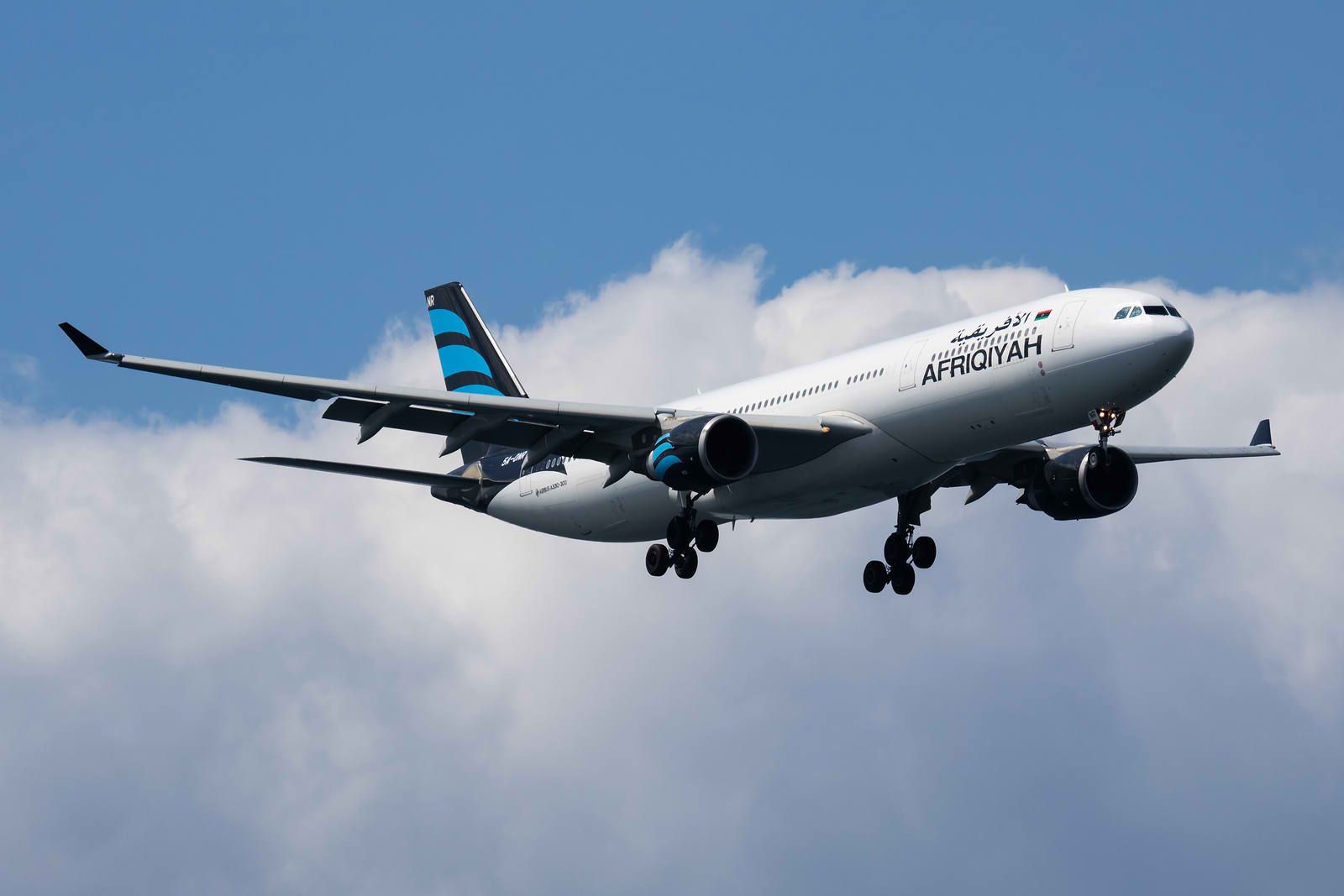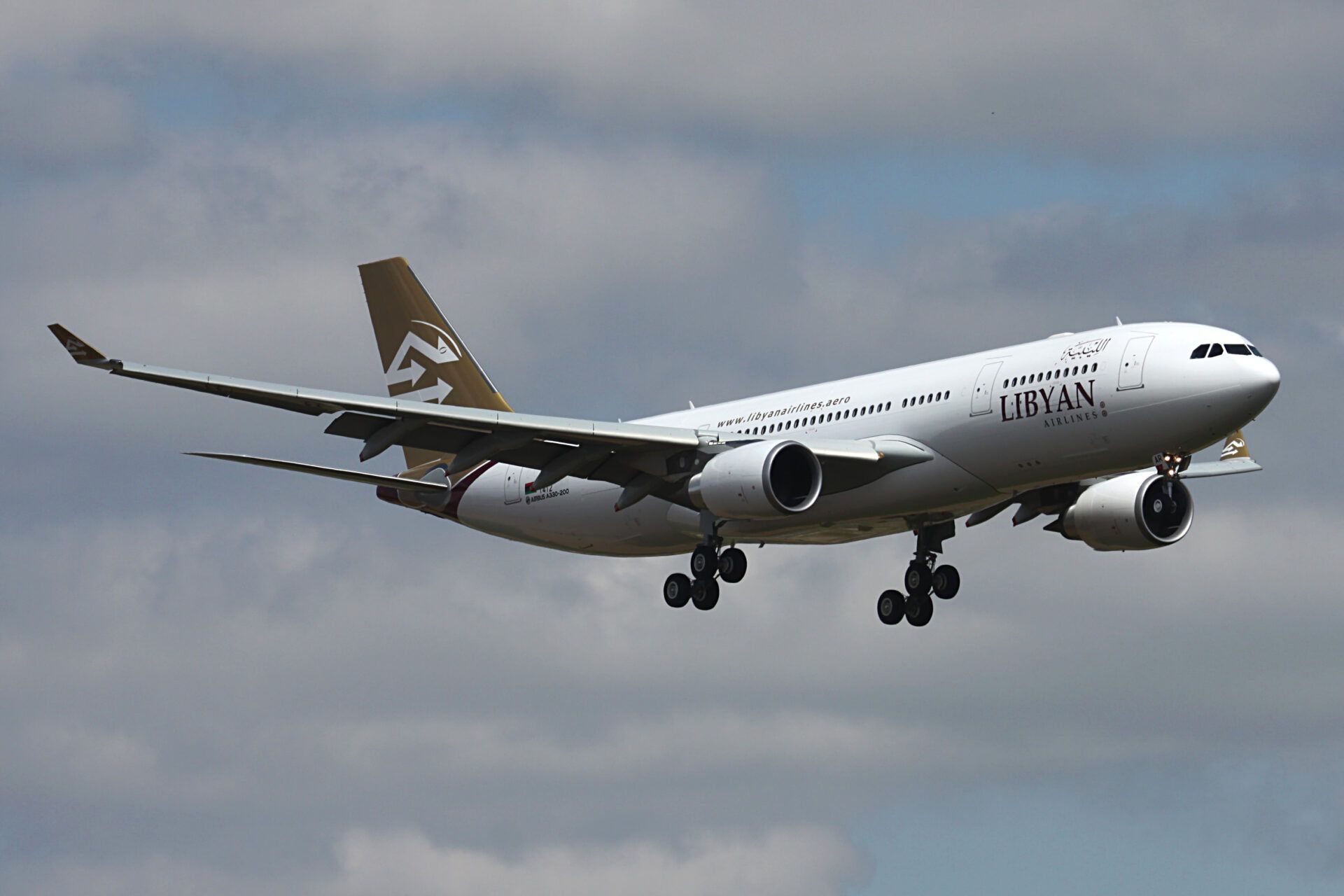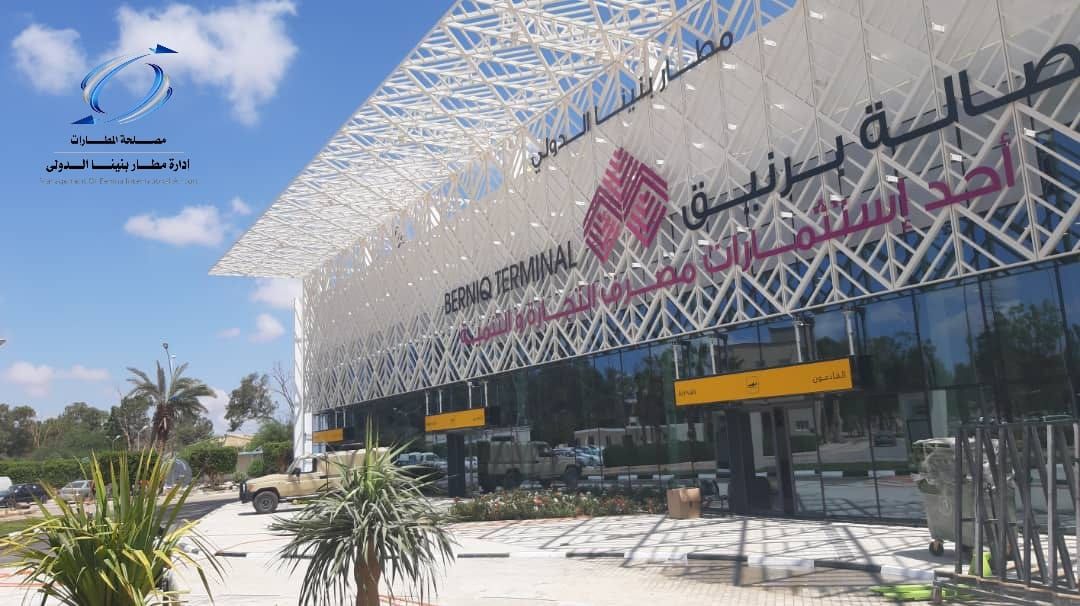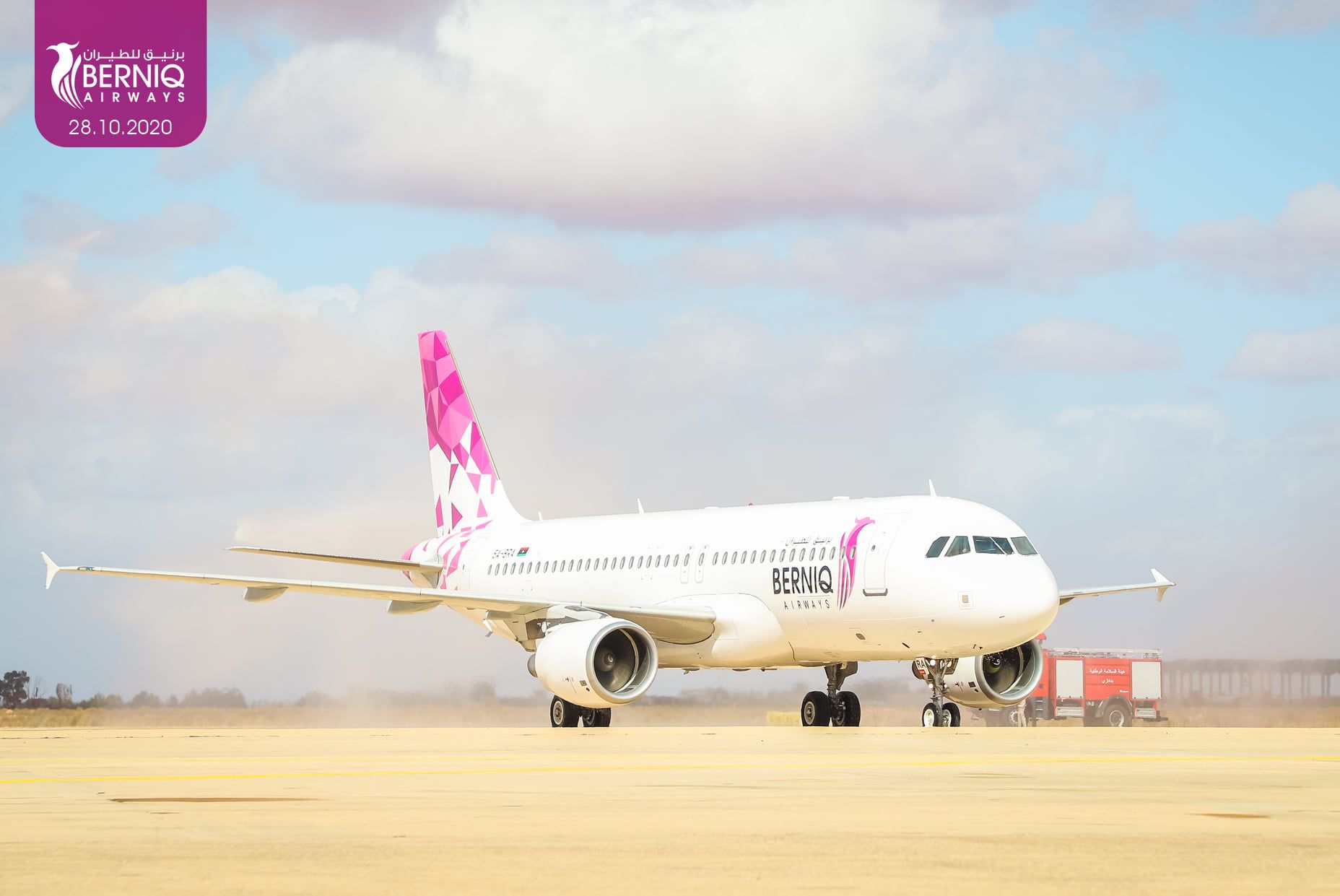This weekend will see the start of something very special. For the first time ever, Libya will be hosting its own aviation forum and expo, as the country looks to reignite its aviation industry and move forward from the challenges of the past.Taking place from November 6th to 8th in Tripoli, the event will bring together professionals, experts and various stakeholders to forge a path for the future of Libya’s aviation industry.The forum has a vast number of exhibitors lined up, from the mighty International Air Transport Association (IATA) to local aviation companies, including the Libyan Air Ambulance, ground handling company Erawin and, of course, Libyan Airlines.During the event, discussions will be facilitated on a range of aviation topics, from aircraft maintenance and insurance to private jets, training, and cybersecurity. Speakers from a range of backgrounds are participating in the conference. Entrance to the exhibition and conference is free to all.
Find out more about the Libya Aviation Forum and Expo on the website.

A troubled past
The tumultuous political history of Libya has virtually removed it from the tourism map for many years. In 2011, the uprising of the Libyan Revolution saw civil war breaking out in the country, leading to the death of 30,000 Libyans. Although the war was over relatively quickly, the country was torn apart, with numerous rival militias maintaining a landscape of conflict for many years to come.
The second civil war in 2014 saw all foreign airlines stopping service to the country. A skeletal aviation industry was maintained by the likes of Libyan Airlines and Afriqiyah, but Tripoli International Airport was heavily damaged in the fighting. Since 2014, Migita has been functioning as the hub for the capital, although it too has been the subject of violent attacks.
The announcement of a permanent ceasefire in all areas of Libya in October 2020 was a welcome outcome. Effective immediately, foreign fighters were deported from the country, and on that very day, the first commercial flight in more than a year from Tripoli to Benghazi took place. The aviation industry had begun its long flight back to normal operations.
Investing in aviation’s future
Since then, much investment has been poured into Libya’s aviation sector, including the opening of the new Berniq terminal at Benghazi Benina International Airport in May this year. The new terminal is set up to be capable of handling 2.5 million passengers per year, and includes smart systems for passengers, three VIP lounges and a first-of-its-kind for Libya COVID detection system.
Work has been ongoing to push through updates to the airport in Tripoli, while discussions are taking place about a new airport in Traghan. Earlier this year, conversations began between the Libyan Airports Authority and AIRIA development company regarding a master plan for the city of Beida’s Labrak Airport.
And it’s not just airports that are getting the upgrade. Newcomer to the aviation scene, Berniq Airways, has held an AOC since 2018, but didn’t get its first aircraft until October 2020. Today, it has four Airbus A320s in its fleet, and is operating scheduled flights from its home in Benghazi to Al Abraq, Alexandria, Cairo, Istanbul, Tripoli, Tunisia and Misurata. It has plans to launch services to Khartoum, Dubai, Sabha and Tobruk in the future.
Foreign airlines are starting to come back too, with Tunisair becoming the first airline to fly to Libya in seven years in May 2021. It has since been joined by EgyptAir, Smartlynx and a few others, although the bulk of operations are still maintained by Libyan carriers.
But there are still plenty of challenges facing the aviation industry in Libya, not least the ongoing EU blacklist of its airlines. Airlines are currently restricted from flying into EU airspace, limiting the routes that can be opened to and from the country. There have been talks between ICAO and the Minister of Transport, Mohamed Al-Shoubi, regarding what needs to be done to remove the ban, but for now it remains a key barrier to the sector realizing its potential.
Nevertheless, the impetus of the main players in Libya to meet together and forge a pathway for the future is an encouraging sign. Hopefully, 2022’s Libya Aviation Forum will be the first of many, and will see more collaboration both inside and outside the country for a stronger industry going forward.



